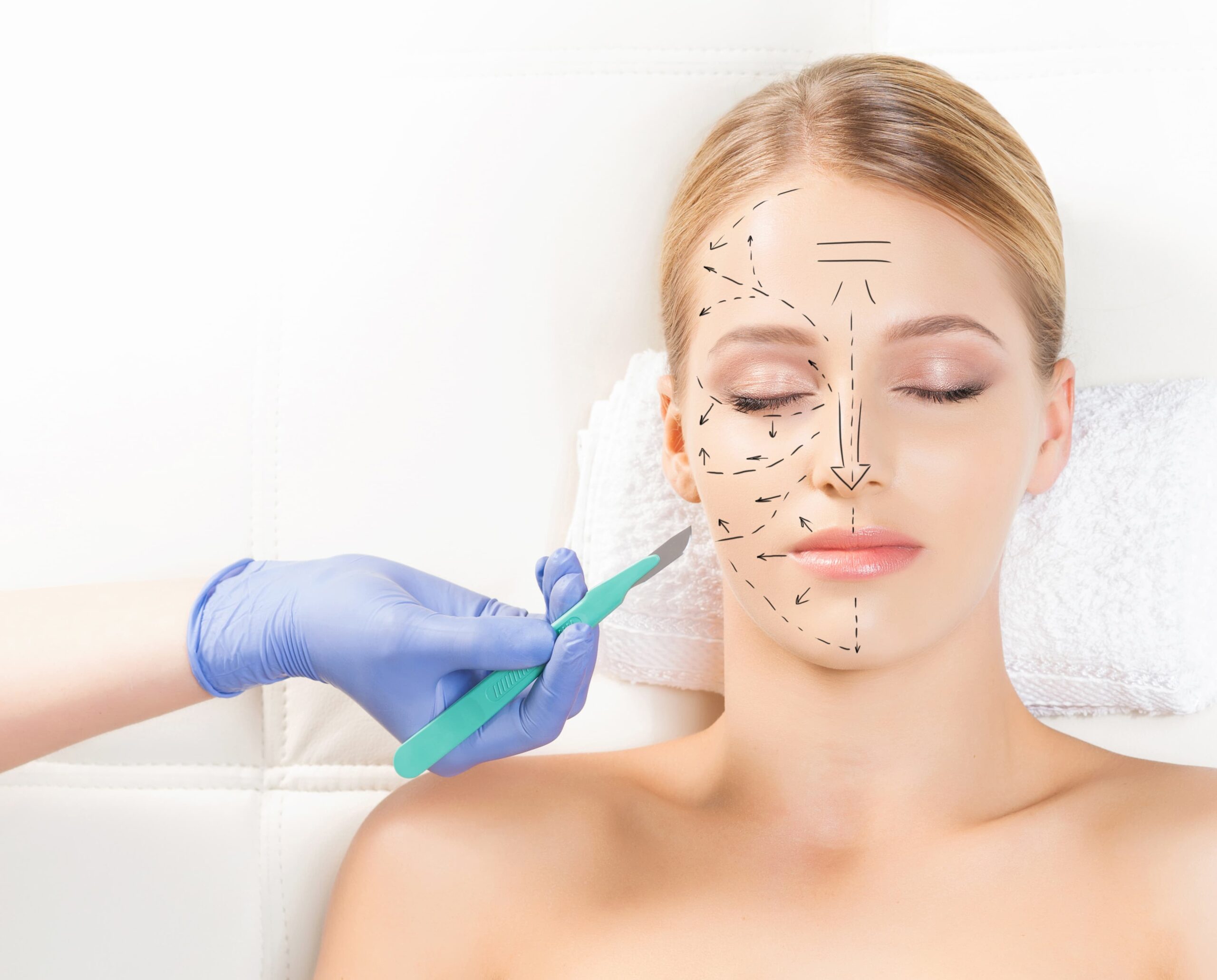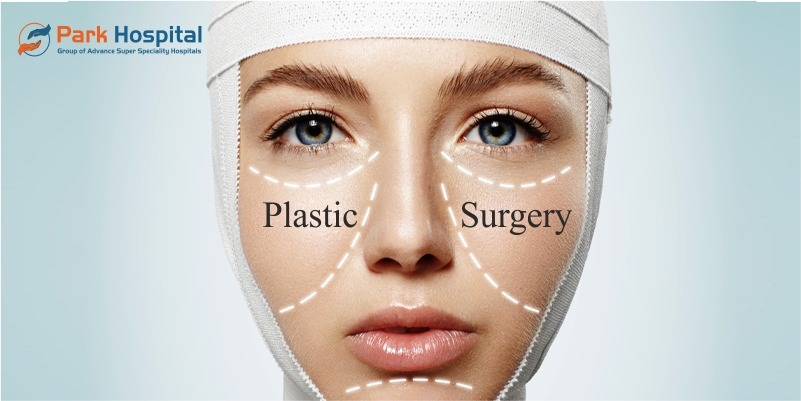Plastic Surgery Rancho Cucamonga: Boost Your Self-confidence with Custom-made Aesthetic Therapies
Investigating the Mental and Social Aspects That Drive Individuals to Take Into Consideration Plastic Surgery as a way of Enhancement
The choice to pursue cosmetic surgical treatment often prolongs past simple visual appeals, linking with social and mental characteristics that warrant comprehensive examination. Elements such as self-esteem, prevalent societal beauty criteria, and the prevalent influence of social networks converge to form specific inspirations for surgical improvement. As these impacts end up being progressively popular, understanding the underlying psychological and cultural contexts is essential. What continues to be to be discovered is the extensive impact these aspects have not just on individual identification yet also on more comprehensive social standards and worths bordering appeal and approval.
The Role of Self-confidence
Self-esteem significantly affects a person's decision to go after cosmetic surgery. People with reduced self-worth usually perceive themselves in an unfavorable light, leading to sensations of inadequacy regarding their physical look. This unfavorable self-perception can drive them to seek surgical treatments as a method of boosting their self-image. The need for improvement in one's appearance is frequently linked to an idea that such changes will certainly raise their general self-respect and self-confidence.

Ultimately, the function of self-worth in the decision-making process regarding plastic surgery highlights the complicated interaction in between body picture, personal contentment, and psychological wellness. Recognizing this partnership is crucial for health care specialists to guarantee that people are making educated choices rooted in reasonable assumptions and emotional health.
Societal Elegance Criteria
Influenced by prevalent media representations and social narratives, social charm standards play an essential function in shaping individuals' perceptions of their very own bodies. These standards are commonly characterized by an idyllic type of beauty that stresses qualities such as youthfulness, symmetry, and slimness. As these perfects are perpetuated via various channels, including movie, television, and advertising, people often internalize these messages, bring about discontentment with their all-natural look.
The implications of these social norms prolong beyond aesthetic preferences; they can influence self-confidence, psychological health, and social relationships. Individuals that perceive themselves as disappointing these standards might experience sensations of insufficiency, prompting a wish for plastic surgery as a means of accomplishing societal authorization. This search is typically sustained by the idea that satisfying these perfects will enhance not just physical look but also social standing and personal fulfillment.

Influence of Social Media Site
The impact of social elegance requirements is more enhanced by the surge of social media systems, where curated images and idyllic representations of charm are ubiquitous. Individuals are constantly revealed to filtered and modified photographs, which commonly portray unattainable physical qualities. This direct exposure grows a culture of comparison, leading individuals to evaluate their own look More Info against these commonly impractical standards.
Social media site influencers and celebs frequently promote aesthetic treatments, stabilizing the idea that medical enhancements are a practical ways for attaining social perfects (plastic surgery rancho cucamonga). The presence of these improvements can produce an understanding that going through cosmetic surgery is a conventional method, therefore influencing individuals to take into consideration similar interventions as a pathway to improved self-esteem and social acceptance
Moreover, the interactive nature of social networks permits instant responses through likes and comments, further strengthening the wish to satisfy popular charm requirements. Such interactions can aggravate sensations of inadequacy and drive people toward plastic surgery as a way of getting recognition. Eventually, social media sites plays a breast augmentation rancho cucamonga pivotal function fit assumptions of charm, which dramatically affects the decision-making processes bordering plastic surgery.

Social Point Of Views on Appearance
Across different cultures, like it perceptions of appearance are deeply rooted in historical, social, and economic contexts, forming individuals' views on appeal and worth. In several societies, look acts as a considerable marker of identity, affecting social condition, expert possibilities, and individual partnerships. As an example, in some societies, light skin is commonly connected with wide range and advantage, while others might idealize darker skin tones as icons of stamina and credibility.
Moreover, standard elegance standards are usually bolstered through cultural stories, media representations, and family members affects, leading to differing suitables across different regions (plastic surgery rancho cucamonga). In Western cultures, the focus on youth and fitness typically drives individuals toward cosmetic enhancement, while in specific Eastern cultures, even more refined changes straightened with conventional appearances might be favored
Globalization and the expansion of electronic media have additionally complicated these characteristics, producing a hybridization of charm suitables that transcends geographical limits. As people significantly browse these social narratives, the stress to adjust to details look standards can result in the need for plastic surgery, reflecting an intricate interaction of personal aspirations and cultural worths. Understanding these social point of views is vital in dealing with the inspirations behind cosmetic surgery considerations.
Psychological Influences of Plastic Surgery
Lots of individuals looking for cosmetic surgical treatment record experiencing extensive emotional effects that can significantly alter their self-perception and emotional well-being - plastic surgery rancho cucamonga. The desire for physical improvement commonly originates from underlying problems such as reduced self-esteem, body dysmorphic problem, or societal pressures regarding charm standards. For some, the immediate post-operative stage can lead to a temporary boost in positive self-image and complete satisfaction with their look, fostering a sense of empowerment
Nonetheless, these positive sensations might not be sustaining. Study suggests that while some patients experience enhanced self-confidence, others may deal with intense anxiousness or clinical depression if their assumptions are not fulfilled. This disparity can arise from unrealistic perfects bolstered by media representation and social narratives bordering beauty.
Additionally, the psychological implications of plastic surgery expand beyond the individual. Relationships with family members and good friends may be stressed as social characteristics change, leading to feelings of isolation or alienation. Ultimately, the mental influences of plastic surgery are multifaceted and complex, needing cautious factor to consider by both possible clients and healthcare carriers to make sure enlightened decision-making and reasonable assumptions.
Conclusion
Finally, the decision to pursue plastic surgery is significantly affected by a combination of self-confidence problems, societal elegance requirements, and cultural viewpoints on appearance. The pervasive reach of social media sites further intensifies these pressures, advertising impractical suitables that individuals typically make every effort to acquire. Understanding these social and emotional variables is crucial for resolving the motivations behind plastic surgery, highlighting the demand for a much more nuanced conversation surrounding beauty and self-acceptance in modern culture.
The choice to seek cosmetic surgical procedure usually expands beyond simple aesthetic appeals, intertwining with psychological and social characteristics that warrant complete assessment. Eventually, social media plays an essential function in shaping perceptions of beauty, which significantly influences the decision-making procedures surrounding cosmetic surgical treatment.
As individuals progressively browse these social stories, the pressure to conform to certain appearance requirements can lead to the wish for cosmetic surgical treatment, reflecting an intricate interplay of individual ambitions and cultural worths.In final thought, the decision to seek cosmetic surgical treatment is substantially influenced by a combination of self-confidence issues, societal elegance standards, and social viewpoints on appearance. Recognizing these social and psychological aspects is necessary for dealing with the motivations behind cosmetic surgical procedure, highlighting the demand for a much more nuanced conversation bordering appeal and self-acceptance in contemporary society.